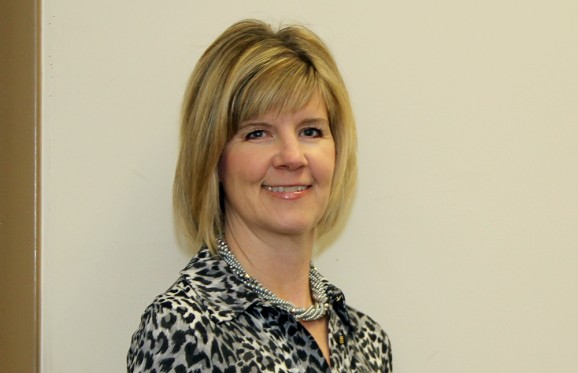Learning
Dr. Meyer presents paper on psychosocial needs of first-time mothers over age 40
Associate Professor of Psychology Dr. Dinah F. Meyer presented a paper on the “Psychosocial Needs of First-Time Mothers Over Age 40” at the 86th annual meeting of the Midwestern Psychological Association held in Chicago on May 1.
“A clear demographic trend in the U.S. in recent years has been delayed childbearing until mothers are in their 30s and 40s. In particular, births to women ages 40-44 have risen 2 percent annually since the year 2000,” according to Dr. Meyer. Reports estimate that up to 40 percent of these pregnancies are unintended. “While much has been written on the biological difficulties of bearing a child at an older age, little is known about the psychosocial adjustment of this new population of mothers,” said Dr. Meyer, whose study serves as an exploratory effort to assess the social and emotional needs and experiences of older first-time mothers.
Dr. Meyer surveyed 80 first-time mothers over the age of 40 about their experiences with pregnancy, birth and the postpartum period. Participants completed measures of depression and perceived stress via an online questionnaire. Mothers were, on average 42.5 years old at the birth of their first child and the child averaged age two at the time of the study. Participants were college educated with sufficient resources and indicated good adjustment to the role of parent.
Common themes expressed by all participants included intense gratitude for the opportunity to become a mother and a readiness for the sacrifices required for parenthood. Common concerns included a lack of energy and stamina, and worries about their future health and how it impacts their children. About a fourth of the first-time mothers expressed feelings of isolation and disconnect from the younger parents in their peer groups, and expressions of loneliness were common.
Mothers (about 18 percent of the respondents) with unplanned pregnancies were more likely to be unmarried and showed higher levels of depression and perceived stress than mothers whose pregnancy was planned.
No differences in depression or perceived stress was found between employed and stay-at-home mothers. However, 39 percent of the mothers left full-time employment to stay home with their child after the birth.
According to Dr. Meyer, when taken together, the results of this exploratory study might be used to suggest the need for supportive resources for the care of mothers over the age of 40.
Dr. Meyer earned a B.A. from Ohio Dominican College and M.A. and Ph.D. degrees from The Ohio State University.